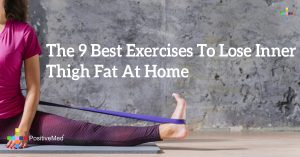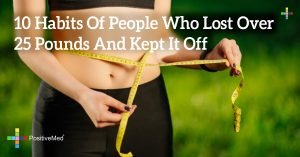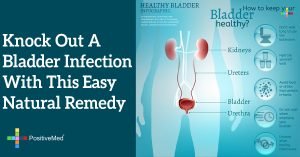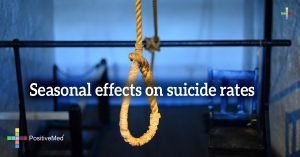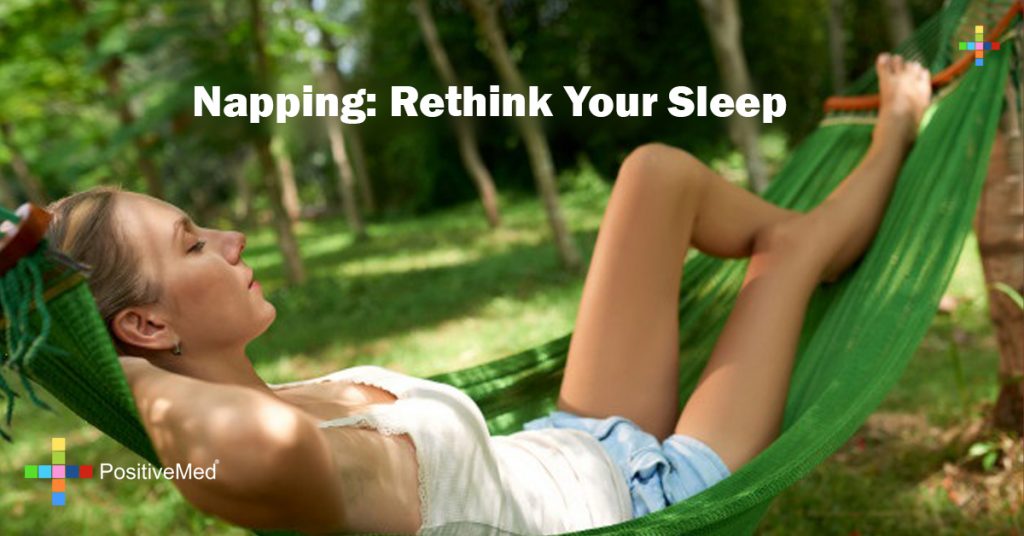
Napping: Rethink Your Sleep
How Long To Nap For The Most Brain Benefits
THE NANO-NAP:
The nano-nap is the shortest form of napping. It only takes 10 to 20 seconds. Sleep studies haven’t yet concluded whether there are health benefits to these brief napping intervals, like when you nod off on someone’s shoulder on the train.
THE MICRO-NAP: The Micro-naps generally takes two to five minutes. This form of napping is shown to be surprisingly effective at shedding sleepiness.
THE MINI-NAP: The mini-naps lasts five to twenty minutes. The mini-naps increase alertness, stamina, motor learning, and motor performance and are very effective in boosting your brain power.
THE ORIGINAL POWER NAP: Power naps take around 20 minutes. This form of napping includes the benefits of the micro-naps and the mini-naps, but additionally improves muscle memory and clears the brain of useless built-up information, which helps with long-term memory (remembering facts, events, and names).
THE LAZY MAN’S NAP: This form of napping takes 50 to 90 minutes. It includes slow-wave plus REM sleep; This form of napping is good for improving perceptual processing. Also studies show that afternoon napping helps to boost the human growth hormone and is great for repairing bones and muscles.
Check out this interesting infographic to learn more about extensive health benefits of napping, the culture of napping and the famous nappers:
Source
[Last Updated on June 4th 2014]

